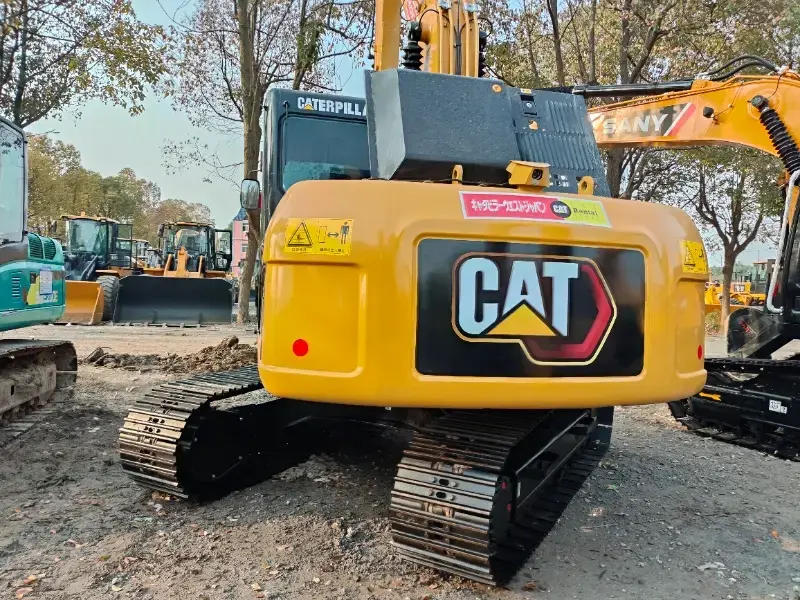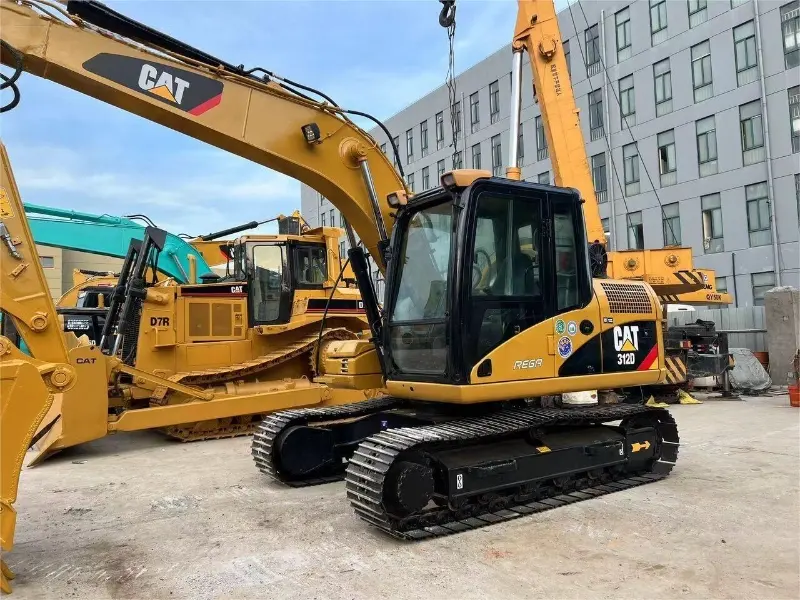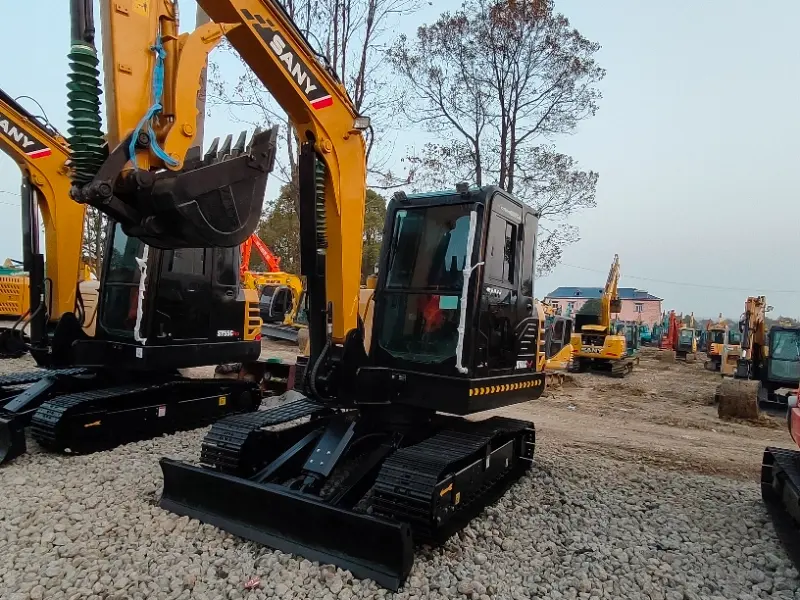About the Author:
Written by Hefei Zhuoming Engineering Machinery Co., Ltd.
A leading construction equipment dealer specializing in second-hand construction machinery trading for over 10 years. Our company offers a wide range of used construction equipment for sale, including excavators, bulldozers, loaders, graders and related accessories.
If you are looking for a machine used for digging or any other type of used construction equipment, Zhuoming is your one-stop-shop for all your needs. We have a vast inventory of more than 3000 second-hand excavators of various brands imported from home and abroad.
Table of Contents
Excavators stand as indispensable workhorses in the construction, landscaping, and mining industries, each tailored to specific needs based on their size and capabilities. Understanding the nuanced differences between standard, mini, and compact excavators can significantly influence project efficiency and performance.
Standard Excavators: Powerhouses for Heavy-Duty Tasks
Overview
Standard excavators, often referred to as full-size excavators, are characterized by their robust build and high horsepower engines, making them ideal for tackling large-scale and demanding projects. These machines excel in deep excavation, heavy lifting, and demolition tasks.
Key Features of Standard Excavators
Size and Power: Typically ranging in operating weight from 20 to over 100 tons, with corresponding horsepower to match.
Reach and Depth: Equipped with longer booms and arms, enabling them to dig deeper and reach farther than smaller counterparts.
Attachments: Capable of utilizing a wide array of heavy-duty attachments such as hydraulic breakers, grapples, and specialized buckets.
Versatility: Suited for large construction sites, road building, mining operations, and infrastructure projects requiring substantial digging capabilities.
Applications of Standard Excavators
Excavating for foundations, basements, and large-scale earthmoving.
Clearing and demolition of structures.
Handling of heavy materials such as rock and concrete.

Mini Excavators: Agile Precision in Compact Form
Overview
Mini excavators embody agility and versatility in a compact package, designed for navigating tight spaces and urban environments where larger equipment cannot access easily. These machines are popular for their maneuverability and ease of operation.
Key Features of Mini Excavators
Size and Mobility: Typically weighing between 1 to 6 tons, with compact dimensions allowing them to maneuver through narrow corridors and doorways.
Precision: Equipped with precise controls for delicate digging and grading tasks, making them suitable for landscaping and residential projects.
Attachments: Can be fitted with buckets, hydraulic thumbs, augers, and other tools to handle various tasks efficiently.
Fuel Efficiency: Generally more fuel-efficient than larger excavators due to their smaller size and lighter weight.
Applications of Mini Excavators
Landscaping projects such as trenching, grading, and tree planting.
Utility installations and repairs in urban settings.
Residential construction and renovation work requiring minimal disturbance.

Compact Excavators: Versatile Performers in Limited Spaces
Overview:
Compact excavators strike a balance between the power of standard excavators and the maneuverability of mini excavators, offering versatility for a wide range of applications. These machines are suitable for both small-scale construction projects and more demanding tasks.
Key Features of Compact Excavators
Size and Versatility: Typically weighing between 3 to 10 tons, providing sufficient power for various excavation tasks while maintaining maneuverability.
Reach and Depth: Adequate digging reach and depth capabilities for light to moderate excavation and trenching needs.
Attachments: Compatible with a broad range of attachments to enhance productivity and adaptability on job sites.
Transportability: Easy to transport between sites due to their compact size and often trailer-compatible design.
Applications of Compact Excavators
General construction projects requiring moderate digging and lifting capabilities.
Utility maintenance and repair work including plumbing and electrical installations.
Excavation tasks in confined spaces within residential, commercial, and urban environments.

Choosing the Right Excavator for Your Needs
Selecting the appropriate excavator model depends on several factors:
Project Scope: Assess the scale and nature of the tasks the excavator will undertake.
Site Conditions: Consider the terrain and space constraints where the excavator will operate.
Efficiency: Balance power requirements with fuel efficiency and operational costs.
Attachments: Ensure compatibility with necessary attachments for specific job requirements.
By understanding the unique strengths and applications of standard, mini, and compact excavators, construction professionals can optimize their equipment choices to enhance productivity, efficiency, and safety on site. Each type offers distinct advantages tailored to different project demands, ensuring versatility and performance in a variety of construction scenarios.
